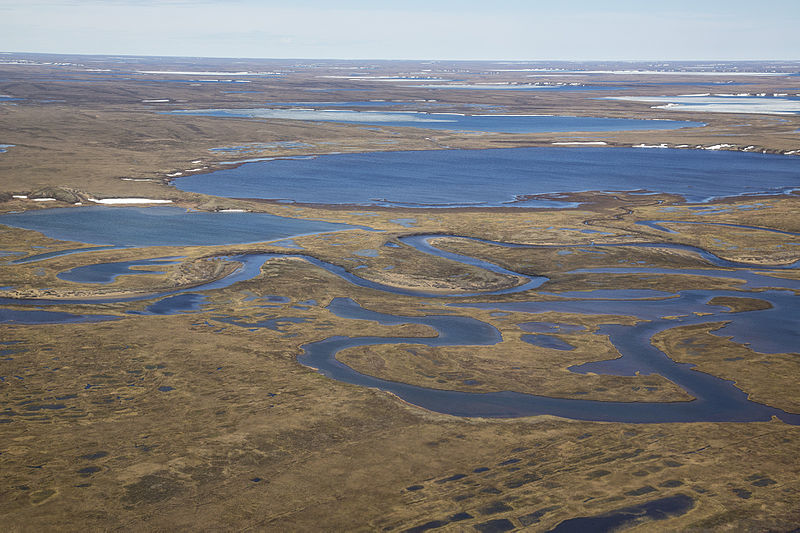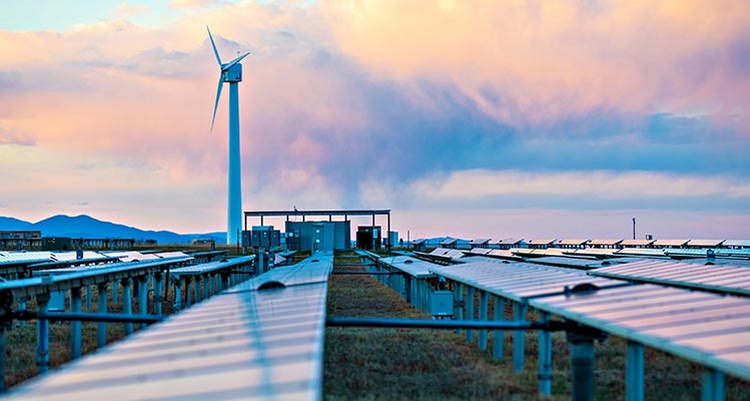July 10 NEC Energy News
¶ “Biden Administration Takes Key Step In Controversial Alaska Oil Drilling Project, Angering Environmental Groups” • The US Department of Interior released a draft environmental impact statement for the ConocoPhillips oil drilling project, known as Willow. The statement is not a final decision, but is an important step toward developing oil wells. [CNN]

¶ “EDF Nationalisation Means It Is Unlikely To Spearhead Future UK Nuclear Power Projects, Says Top Industry Insider” • The nationalization of French energy giant EDF means it is unlikely to spearhead future UK nuclear power plants, an industry insider said. The Hinkley Point C developer will instead put investments into reactors in France. [This is Money]
¶ “Carbon Capture And Storage Tech Too Risky” • There is a lack of quality data to show that the technology is commercially ready and cost competitive, says a report from the Institute for Energy Economics and Financial Analysis. Instead of carbon capture, the world should prioritize renewable energy, grid modernization and electrification. [South China Morning Post]
¶ “How Inflation Could Be Cut By FERC And Renewable Energy Doubled” • Inflation is one of the chief financial challenges in America. A solution lies in plain sight, because technologies like wind and solar power can help stabilize domestic energy prices and prevent future price spikes due to over-reliance on volatile international fuel markets. [CleanTechnica]

¶ “The Sustainable Cities Made From Mud” • Mud buildings are remarkably good at keeping us cool in summer and warm in winter, and withstanding extreme weather. In the search for more sustainable buildings, architects are returning to the age-old construction material. Mud could be the perfect sustainable alternative to concrete. [BBC]
¶ “Morocco, A Top Fertilizer Producer, Could Hold A Key To The World’s Food Supply” • Morocco is one of the world’s top four fertilizer exporters, following Russia, China and Canada. This is because it has over 70% of the world’s phosphate rock reserves. A key to increasing the output of fertilizer is increasing the supply of renewable energy. [The Conversation]
¶ “Grid Operator: Renewable Energy Likely To Supplant Fossil Fuels As New England’s Predominant Source For Electricity” • A report released by the operator of New England’s electric grid said the generation of renewable energy will ultimately replace the burning of fossil fuels as primary source of electricity to meet customer demand. [CT Insider]
For more news, please visit geoharvey – Daily News about Energy and Climate Change.
